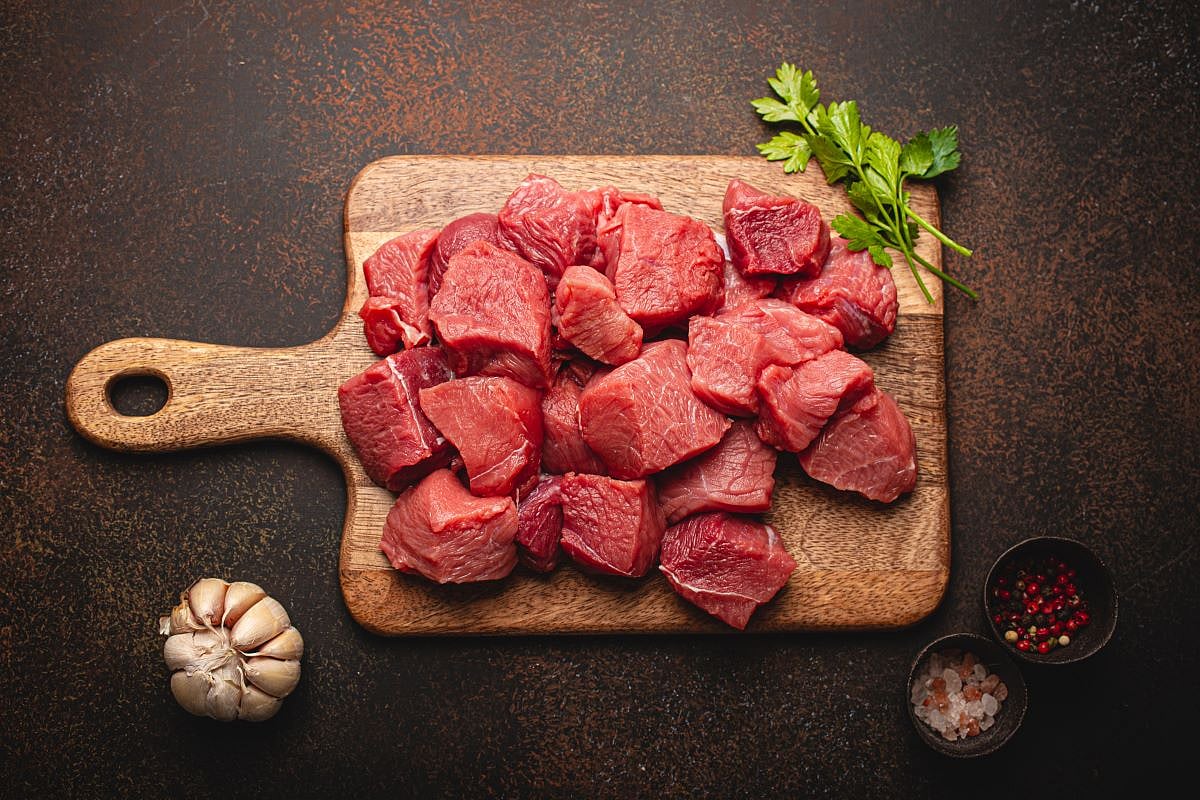Manténgase sano!

- Dennis Thompson
- Posted August 16, 2024
Red Meat Could Be Prime Driver of Colon Cancer in the Young
There are clues that red and processed meats could be driving the increased risk of colon cancer in young adults, a new study claims.
Younger colon cancer patients typically have higher levels of metabolites created by the digestion of an amino acid called arginine, researchers reported recently in the journal NPJ Precision Oncology.
They also have higher metabolite levels tied to the urea cycle -- the process by which ammonia produced by protein digestion is filtered out of the blood and excreted.
Long-term overconsumption of red meat and processed meat could explain these elevated metabolite levels in young people with colon cancer, researchers said.
“Our data clearly shows that the main driver is diet,” said researcher Naseer Sangwan, director of the Cleveland Clinic’s Microbial Sequencing & Analytics Resource Core. “We already know the main metabolites associated with young-onset risk, so we can now move our research forward in the correct direction.”
For the study, researchers compared blood tests performed on 20 colon cancer patients aged 50 or younger with those of patients 60 and older.
The analysis revealed that differences in diet accounted for many of the differences observed between younger and older colon cancer patients.
This actually is good news, because researchers had thought that a large-scale alteration of a person’s gut microbiome might be needed to lower their risk of colon cancer. The microbiome involves thousands of different microbes that colonize the gut, most of them helping support life.
“It can actually be very complicated and difficult to change your microbiome,” said senior researcher Dr. Suneel Kamath, a gastrointestinal oncologist with the Cleveland Clinic. “While it’s not always easy, it is much simpler to change your diet to prevent colon cancer.”
It also could be easier to check a person’s risk of colon cancer by performing a blood test looking for metabolites than by performing a genetic sequence of their stool sample to check for gut bacteria levels, researchers noted.
The next step in the research will be to validate its findings in a larger group of patients with colon cancer. After that, researchers can test whether diets or drugs could lower these metabolite levels.
“Even though I knew before this study that diet is an important factor in colon cancer risk, I didn’t always discuss it with my patients during their first visit. There is so much going on, it can already be so overwhelming,” Kamath said in Cleveland Clinic news release.
“Now, I always make sure to bring it up to my patients, and to any healthy friends or family members they may come in with, to try and equip them with the tools they need to make informed choices about their lifestyle,” Kamath added.
More information
MD Anderson Cancer Center has more on the health risks of red meat.
SOURCE: Cleveland Clinic, news release, Aug. 14, 2024







